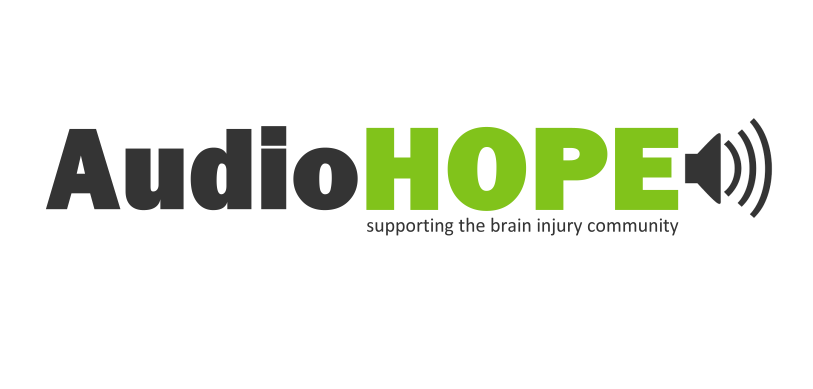
Listen to Stories of Others Who Live with Brain Injury.


Donna Becke's journey through pain and recovery after a concussion has led her to find beauty in life's simple moments and strength in the unwavering support of loved ones, embodying resilience and hope amidst adversity.

In her narrative, Sarah Jackson humorously details her struggle with "Grocery Store Dilemma" (GSD), describing the challenges of adhering to a complex shopping list and making decisions in the grocery store. She concludes with a reflective note on the importance of self-care and finding peace amidst everyday chaos.
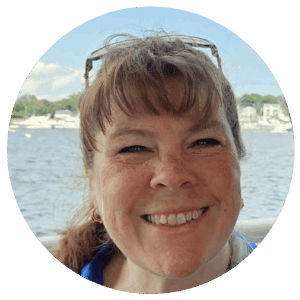
Sarah Grant shares the challenges and humorous moments she and her husband have experienced navigating life after his car accident, which left him with a concussion, PTSD, and cognitive changes. Despite the trials, including misplacing items and adapting to a new normal, they find joy in shared moments, like enjoying "fancy coffee," and have learned the value of routines and humor in coping with their situation.
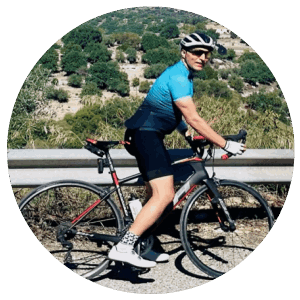
Al Rocco's story is a testament to resilience in the face of adversity, chronicling his journey from a debilitating concussion to a hopeful recovery through the innovative approach at UPMC Sports Concussion Program. His story is a beacon of hope for those navigating the challenging path of concussion recovery, emphasizing the power of persistence and the right medical support.

David A. Grant's "Shattering the One Year Myth" challenges the outdated belief that brain injury recovery is limited to the first year post-incident. He shares his personal journey of continued improvement years after a neuropsychologist declared his condition permanent, highlighting the importance of hope and the evolving understanding of neuroplasticity. Grant's story is a beacon of optimism for survivors, emphasizing that healing can extend far beyond outdated timelines.

Amiee Duffy explores diet and supplements as pivotal elements in her brain injury recovery, integrating vitamins, organic produce, and green smoothies alongside prescribed medications. Her proactive approach aims not just to cope but to thrive, marking a journey of continuous improvement and adaptation towards better health.
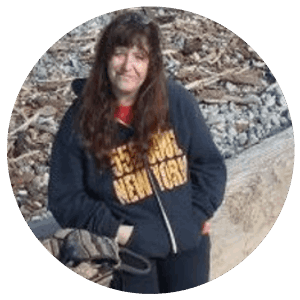
Lori Lee shares her journey of self-acceptance and coping strategies after a brain injury, from utilizing sunglasses and headphones to manage sensory overload to embracing meditation and grounding for mental peace. Her story is one of resilience, finding solace in solitude, and connecting with others facing similar challenges, underscoring the power of community and the importance of embracing one's new self with kindness and patience.

Jeff Sebell discusses the constructive role of failure in the recovery journey of TBI survivors, encouraging them to view setbacks as crucial learning steps toward self-discovery and growth. His advocacy highlights the importance of embracing change and the potential within oneself to lead a fulfilled life post-injury.

Sarah has transformed her approach to holiday traditions following her husbands traumatic brain injury. By setting boundaries and creating new ways to celebrate, they've cultivated joy and strength in their family life, demonstrating resilience and the power of adapting to change together.

Lisa Yee's story of misplacing her keys and the journey to find them offers a humorous and relatable glimpse into everyday challenges, punctuated by her resilience and positive outlook following a traumatic brain injury. Through retracing her steps and eventually finding the keys in an unexpected place, Lisa demonstrates the importance of patience and the ability to laugh at oneself, showcasing her strength and adaptability.
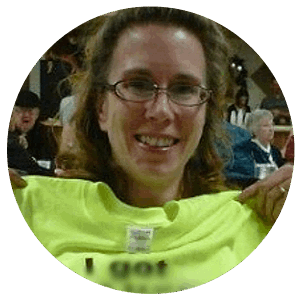
Carmen Kumm's journey through the aftermath of a traumatic brain injury (TBI) is a testament to the power of resilience and the human spirit's capacity for renewal. Despite the challenges and changes in her life, Carmen has found ways to adapt, embrace new opportunities, and continue to thrive, demonstrating that even in the face of adversity, it's possible to carve out a fulfilling and meaningful existence.

Lora' story is a poignant exploration of the profound connections that can be rekindled and the new bonds that can be formed, even under the most unexpected circumstances. Her narrative serves as a heartwarming reminder of the resilience of human relationships and the power of empathy and understanding in overcoming life's challenges.

Sarah Grant's journey through the challenges of being a caregiver for her husband with a traumatic brain injury (TBI) is a testament to resilience, advocacy, and the power of community support. Her story highlights how self-advocacy and connecting with others in similar situations can empower and provide invaluable resources for navigating the complexities of TBI recovery. By sharing her experiences and supporting others, Sarah embodies the strength found in solidarity and the impact of contributing to a greater understanding and support network for TBI survivors and their caregivers.

Teresa Peters' journey as a traumatic brain injury (TBI) survivor highlights her resilience in the face of profound challenges. Since her accident in 2009, Teresa has endured significant losses, including her job, marriage, and independence. Despite these hardships, her story is one of perseverance and hope. Teresa's ongoing struggle with the effects of her injury underscores the critical need for support and understanding for TBI survivors, as she continues to seek moments of joy and purpose amidst her recovery.
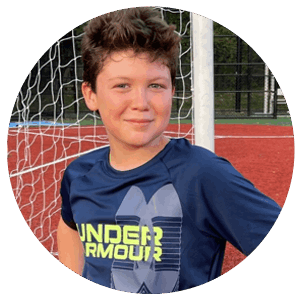
Living with a traumatic brain injury (TBI) presents daily challenges that are often misunderstood by those who haven't experienced it firsthand. Tommy Naudy shares a personal narrative of caring for his mother, highlighting the immutable nature of TBI and the imperative for family, friends, and caregivers to adapt and provide understanding and support to improve the lives of those affected.
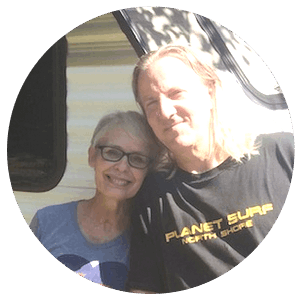
Natalie shares her journey of adapting to travel post-TBI, highlighting the importance of meticulous planning, the use of technology and organization tools, and the necessity for patience and adaptability. Her strategies include starting with detailed lists, arranging medications, planning for the mode of travel, rolling clothes for packing, categorizing items in distinguishable bags, and preparing well ahead of time, demonstrating that travel is still possible and enriching despite the challenges posed by a brain injury.
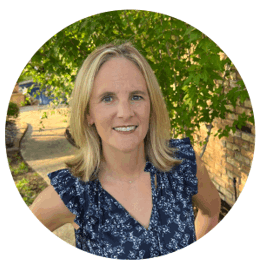
Amy's narrative reveals the deceptive complexity of a "mild" traumatic brain injury (TBI) sustained from a fall at home, underscoring the insidious and often invisible journey of acceptance, diagnosis, and adaptation. Despite the external normalization post-injury, Amy confronts a tumultuous path of cognitive, emotional, and physical challenges, advocating for awareness and understanding of the profound impacts of TBI on survivors and their families, while finding strength in her writing and the unwavering support of her loved ones.
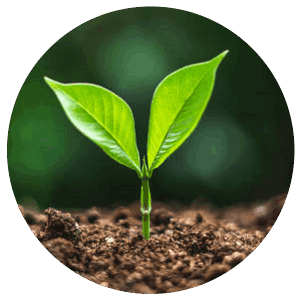
After a severe car accident left Brent and his young daughter Arianna with critical brain injuries, their family's journey of resilience and recovery underscores the transformative power of hope, specialized medical intervention, and relentless familial support. Despite the challenges, including Brent's struggle with aphasia and physical disabilities, and Arianna's remarkable recovery, their story offers inspiration to others facing similar adversities
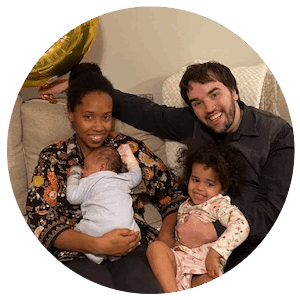
After a life-altering car accident that resulted in a severe brain injury, Will Carter embarked on a challenging journey of self-discovery, learning to accept and love his new self instead of longing for the person he was before the injury. His story highlights the transformative power of embracing the present self and the importance of continuous personal growth and acceptance, culminating in his successful career as a teacher and writer, despite the initial setbacks.
A Welcome Message by Brain Injury Hope Audio Artist & Contributor Munish Joshi
---------------
Why Am I So Tired? by Carole Starr
---------------
Smoke and Mirrors, by Ric Johnson
---------------
Brain Injury Glitches, by Ali Blaylock
---------------
You Can't See Me, by Marci Drimer Listen
---------------
1825 Days, by Lori Lee
---------------
A Matter of Pride, by Debra Gorman
---------------
How to Get Organized, by Barbara Webster
---------------
Coming Back to Life, by Karl Heller
---------------
Our New Normal, by Cyndi Kamps
---------------
Two Life-Sustaining Questions, by Norma Myers
---------------
Acceptance is the Answer, by Jim Martin
---------------
No Such thing as Impossible by Michelle Bartlett
by Keith Keller, March 23, 2020